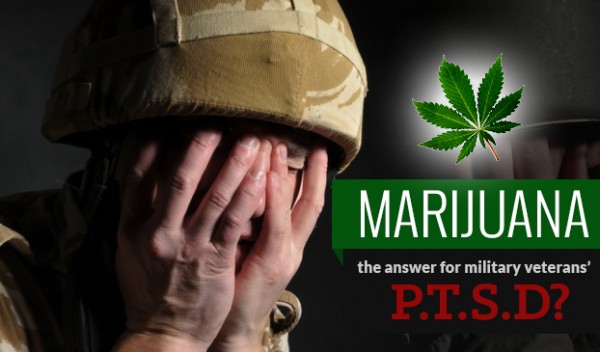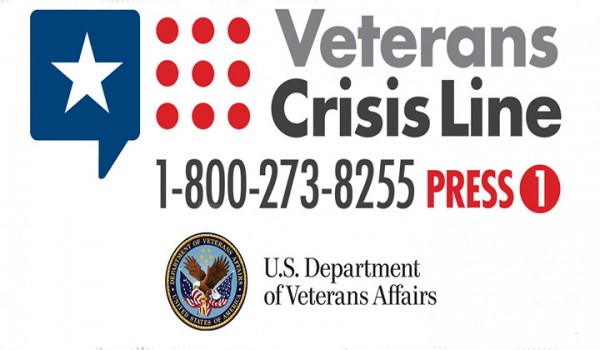Found below are a few news items that caught my attention this past week. I am hopeful that the titles and short commentary will encourage SFTT readers to click on the embedded links to read more on subjects that may be of interest to them.
If you have subjects of topical interest, please do not hesitate to reach out. Contact SFTT.
Service Chiefs Divided on Base Closing to Cut Costs
The Army is adamant: It needs to close bases to save money, and it needs to do it now. The Air Force may also be open to the idea, but other services are not so sure. Before the Senate Armed Services Committee’s subcommittee on readiness Wednesday, the vice chiefs of the military services made well-worn cases to lawmakers for more money and an end to sequestration budget caps that they say have cut into maintenance and efforts to modernize the military. Read more . . .
Trial of Marijuana for PTSD Symptoms
Researchers started this week the first-ever clinical trial of marijuana for treating the effects of post-traumatic stress disorder in veterans. The trial will test four potencies of smoked marijuana and their effects to manage PTSD symptoms in 76 veterans, according to the Multidisciplinary Association for Psychedelic Studies. Approved by the Drug Enforcement Administration and the Food and Drug Administration, the study is intended to develop marijuana into a legal prescription drug. “We are thrilled to see this study overcome the hurdles of approval so we can begin gathering the data,” Amy Emerson said in a written statement issued by the association. The nonprofit drives clinical research on the medicinal use of marijuana, LSD and MDMA, known more broadly as Ecstasy. Read more . . .
Lack of Discernible U.S. Military Strategy Questioned
There is no grand strategy discernible in the multiple and simultaneous global deployments recently ordered, but neither is there a unifying vision for how military forces will be used in the theaters into which they are sent. For example, beginning in 2014 the president authorized the deployment of a small number of troops to Iraq, and the following year gave the order to begin airstrikes in Syria. Since that time, however, the size and scope of both missions have been consistently expanded in small increments. Read more . . .
Military Widows find Hope and Understanding Together
During the height of the wars in Iraq and Afghanistan, the women seeking help from the group were young, with husbands who had been killed in combat. Today the widows contacting the organization are older, and their husbands aren’t dying abroad — they’re dying on American soil. “I have to say, I haven’t genuinely laughed as much as I’ve laughed with these ladies, and shared things that … that I know that they understand,” says Erin Murzyn. Read more . . .
VA Fights Hiring Freeze
As one of his first acts in office, President Donald Trump announced a nationwide federal hiring freeze. The Veterans Administration has thousands of open position across the country that, for the most part, will continue to go unfilled until the freeze is over. Veterans Affairs Secretary Rob Snyder said in a statement,”The Department of Veterans Affairs intends to exempt anyone it deems necessary for public health and safety, including frontline caregivers.” The administration lists a handful of positions that are exempt on their website. Still, Congressman Ron Kind, along with 70 House democrats, are not satisfied with the department’s statement. Read more . . .
Drinking to Forget Could Make PTSD Worse
Drinking to forget may make the fearful memories associated with post-traumatic stress disorder worse, not better, experiments with mice suggest. A new study demonstrates that alcohol can strengthen such emotional memories, preventing the rodents from pushing aside their fears, say the scientists who conducted it. “Binge drinking or other attempts to use alcohol to self-medicate could be sabotaging any therapy efforts,” says Norman Haughey, professor of neurology at Johns Hopkins University. Read more . . .
Why a Concussion May Raise Alzheimer’s Risk
Researchers have known for more than a decade that people who experience a severe or moderate traumatic brain injury are at greater risk of getting Alzheimer’s later on. However, they are far less is known about how “mild” traumatic brain injuries, or concussions, affect brain health over time, even though they make up more than 70 percent of all head injuries. “People tend to ignore concussion and just shake it off, and don’t follow up with care,” which makes it difficult to study the lifelong impact of such injuries, says Jasmeet Hayes, assistant professor of psychiatry at Boston University School of Medicine. Read more . . .
Drop me an email at info@sftt.org if you believe that there are other subjects that are newsworthy.
Feel you should do more to help our brave men and women who wear the uniform or our Veterans? Consider donating to Stand For The Troops
ShareFEB
2017



About the Author:
Vietnam vintage US Army officer who honors the brave men and women who serve our country.